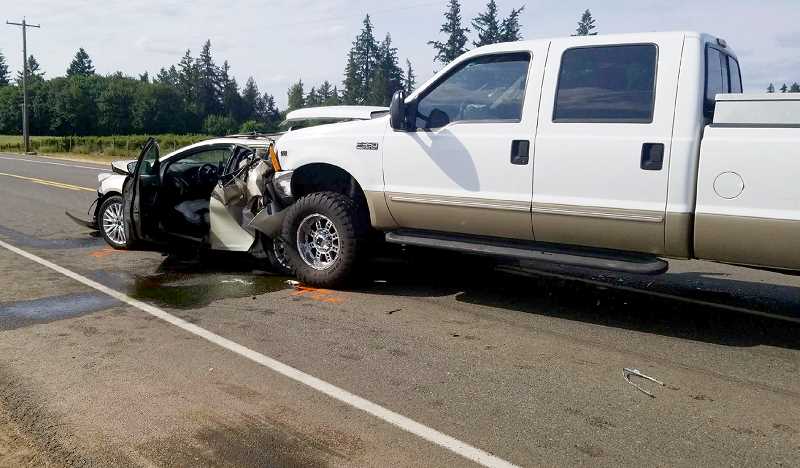16,000+ People Call to Update ‘Dangerous’ Federal Vehicle Safety Ratings

More than 16,000 concerned Americans sent public comments to the National Highway Traffic Safety Administration (NHTSA) urging them to make changes to their vehicle safety rating system, known as the New Car Assessment Program. Many organizations, such as the National Association of City Transportation Officials (NACTO), America Walks, and Families for Safe Streets enabled their members to submit comments. Our team at Salud America! also developed a model comment asking NHTSA for a vehicle rating system that accurately reflects the dangers vehicles pose to pedestrians, bikers, and others outside the vehicle. After all, more Americans died in motor vehicle crashes in 2021 than any other year since 2005, and the growing size and weight of vehicles is a contributor. “Driving ...
Read More






